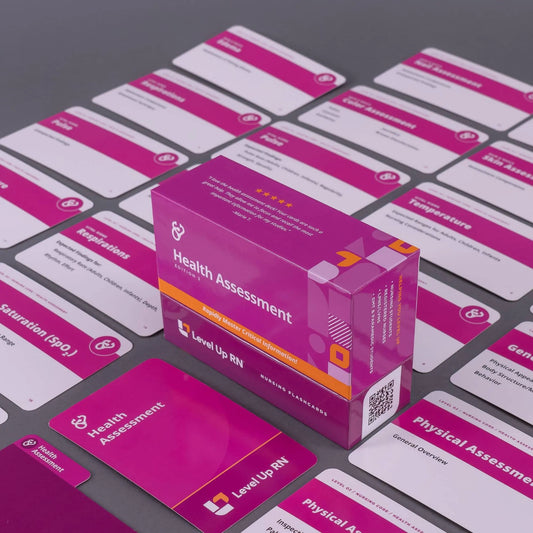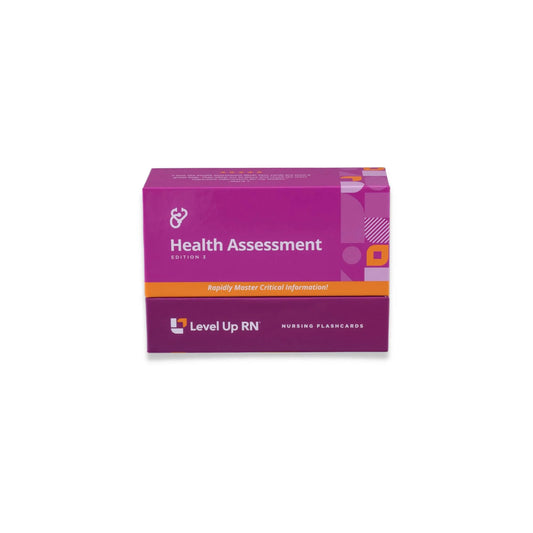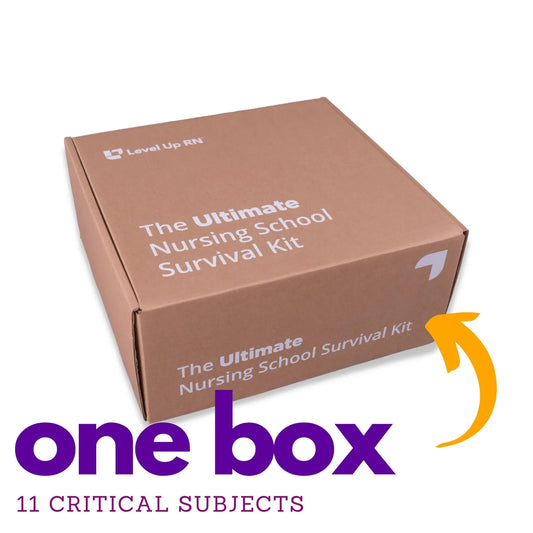In this video, we are going to talk about how to give a good report to your doctor.
At different units and different facilities, you may or may not have to do this. At the facility I work at, the nurses provide a report every shift to the doctor who is in charge of their patient, and it's really important to know how to give a good report.
One, because you need to convey the most important information in a very short amount of time.
But two, this is your opportunity to make requests for different orders for your patient.
And if you do it well, you would really gain respect from the doctor and from the staff for being organized and being able to convey the important information about your patient in a clear and logical way. So when the doctor comes around for rounds and you need to give report, you usually have a very short amount of time to do so, perhaps less than 30 seconds. So when you're giving a report, you're going to really need to narrow down the information you are sharing.
The first question that I often ask is, "Have you had this patient before?" So if your patient was just admitted last night and your doctor is rounding with you in the morning, then obviously they haven't had that patient before. But if that patient has been around for 15 days or longer, there's a good chance that the doctor is familiar with the patient's case and you don't need to provide all of that background information.
However, if the doctor is new to that patient or the patient has just admitted, then you do need to provide a little bit of background information about the patient. So you want to share the patient's name, their age, whether they're a full code or not, basically their code status, and you want to say what their admitting diagnosis is. And then, if there are some comorbidities that are very important to know, that tie very closely into their admitting diagnosis, then very quickly share those as well.
Then you want to move into any abnormal assessment findings that you have for the patient. So if you can get in and do your full patient assessment before you need to do report to the doctor, that's definitely going to work best.
And then, you want to share any abnormal findings with the doctor. So you're not going to tell them, "Their lungs are clear and their pulses are two-plus, and their potassium is 4.5." The doctor doesn't care about that.
I remember when I was a new grad and I was giving a report to a doctor and I was sharing some of the lab values and I literally got a hand in the face. She literally did that and like, "I don't care about that."
So I quickly learned that you don't give them information about stuff that's normal. You really want to stick to the most important things and things that are abnormal.
For example, if their vital signs are out of range, if they have tachycardia, or if they have a fever or had a fever overnight, that's going to be important to convey.
If they have crackles like their lung sounds are abnormal, that's something that's good to share.
If they have abdominal distension or hypoactive bowel sounds, those types of things are going to be important because the bottom line is that these doctors, these hospitalists, they have very little time to spend assessing the patient. They have 20 patients. And in some cases, the patient is lucky to get their heart listened to and maybe their lung sounds, and that's about it.
It's really up to you as the nurse to do this full assessment and really make sure the doctor is aware if there are other things going wrong with this patient. So share those abnormal findings.
And then, after you share those, you want to make requests for orders that you need for the patient.
For example, if their electrolyte levels are out of range, you can request potassium or magnesium supplements depending on what the patient needs.
Is the patient having uncontrolled pain? Is the current pain medication regimen not sufficient for the patient? This is the time that you can request a higher dose or a different type of pain medication.
Also, is the patient having some mental health issues that maybe need some medication? So often, when I was working the day shift and got handoff from the night shift nurse, the night shift nurse would tell me the patient was up all night, was not sleeping, was confused, and trying to pull out their IV, etc. And sometimes, if they weren't able to get a hold of the doctor overnight, then I can try to get that prescription for some Ativan or Seroquel during the day to help save the nurse at night when they're trying to take care of a patient who's going crazy.
Other requests you can do, if you are taking blood sugars on your patient because they're diabetic and you're noticing that these blood sugars continue to be on the high side, then you can request that they have additional insulin coverage, that really they change the insulin prescription to have higher doses.
In addition, if the patient has developed a hospital-acquired pressure injury, the doctor needs to know about that. And then, if the patient has a wound that's not healing well, then you can request that the doctor put in for a wound consult.
If the patient's not eating well, not getting any sufficient nutrition, you can ask the doctor to put in for a nutrition consult as well to get some help for that patient.
This is your time to basically advocate for your patient, get all these requests done while you have the doctor's attention. I really urge you to try to get that full assessment in ahead of time, and make sure you focus on abnormal findings, and on the things you need for your patient.
If you do that, you'll likely very much impress your doctor and the rest of the team that is rounding on your patient. And with that respect that you'll get from being able to give a good report, it builds a trusting relationship. So anytime moving forward that you need something for your patient or you're recommending something for your patient, that doctor is going to be like, "You know what? That girl, that guy, they really have their act together. If they're saying that my patient needs this, they probably need it, and let me just write that order." Really giving good report builds respect, builds trust, and it enables you to take better care of your patients and get what you need faster.
Hopefully that's helpful. And in my next video, we will talk about how to give report to the oncoming nurse. Thanks so much for watching. If this has been helpful, be sure to like this video and leave your comments below.





1 comment
good